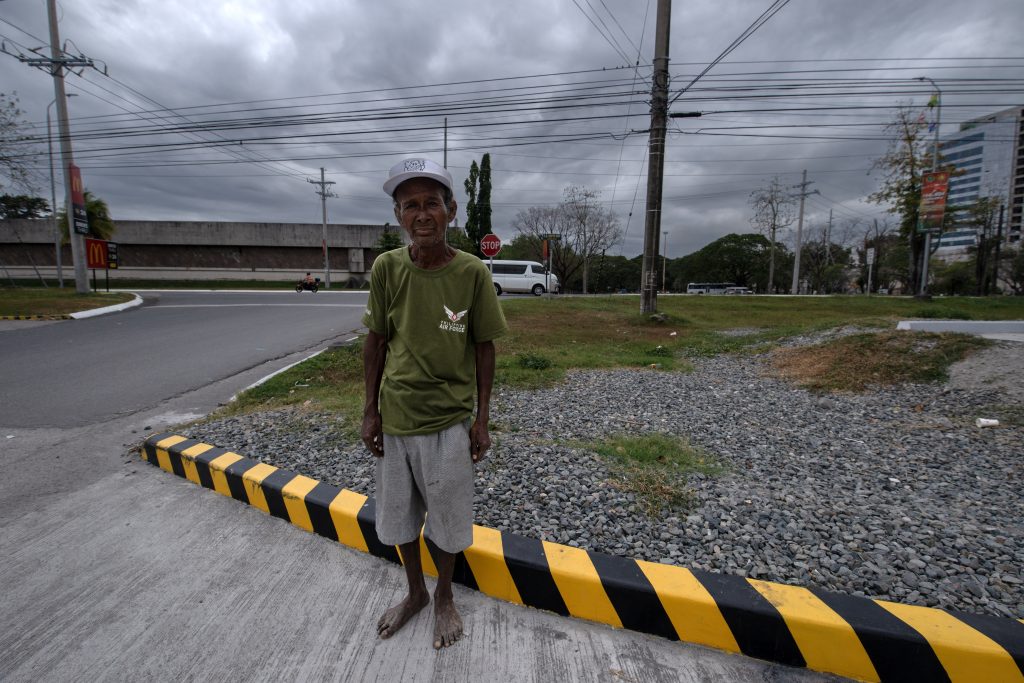In the mountains of Zambales, Philippines, the indigenous Aeta community strives to preserve their ancestral lands through the cultivation and trade of mangoes. The organic farming of Pico and Carabao varieties, supported by Preda Fair Trade, is more than agriculture—it is an act of cultural and environmental resilience.
For decades, mining, deforestation, military bases, and sex tourism have drastically reduced the Aeta population, leaving only a few thousand today. Despite laws intended to protect indigenous rights, they remain marginalized, discriminated against, and receive little government support. These threats to their land and livelihoods have forced many to leave rural areas, often ending up in urban slums, where they face the risks of poverty, drugs, and sexual exploitation.
Through Fairtrade, however, mangoes have become both a steady source of income and a means of empowerment. This stable livelihood allows women to feed their children, send them to school, and protect young girls from early pregnancies.
By planting trees, preserving biodiversity, and transforming their harvest into organic mangoes, the community safeguards both the environment and their territorial rights.
This photographic project explores the deep connection between environment, community, and sustainability. Mango cultivation serves as a catalyst for change, empowering indigenous communities to resist exploitation and protect their land.
It highlights how caring for the earth and practicing sustainable production can safeguard both culture and nature, offering a model of resilience for communities worldwide.
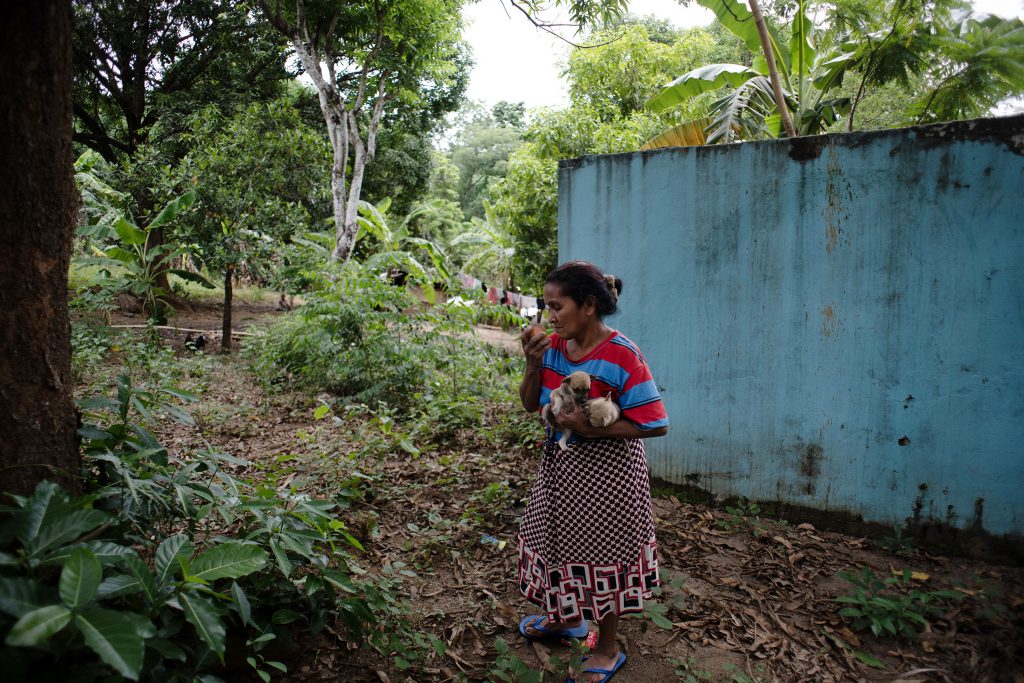
Madre Terra
A woman with her dogs gathers a mango fallen from the tree.
The Aeta are among the earliest inhabitants of the Philippines, characterized by their small stature, dark skin, and curly hair. They live in small, isolated communities in the mountains of Zambales.
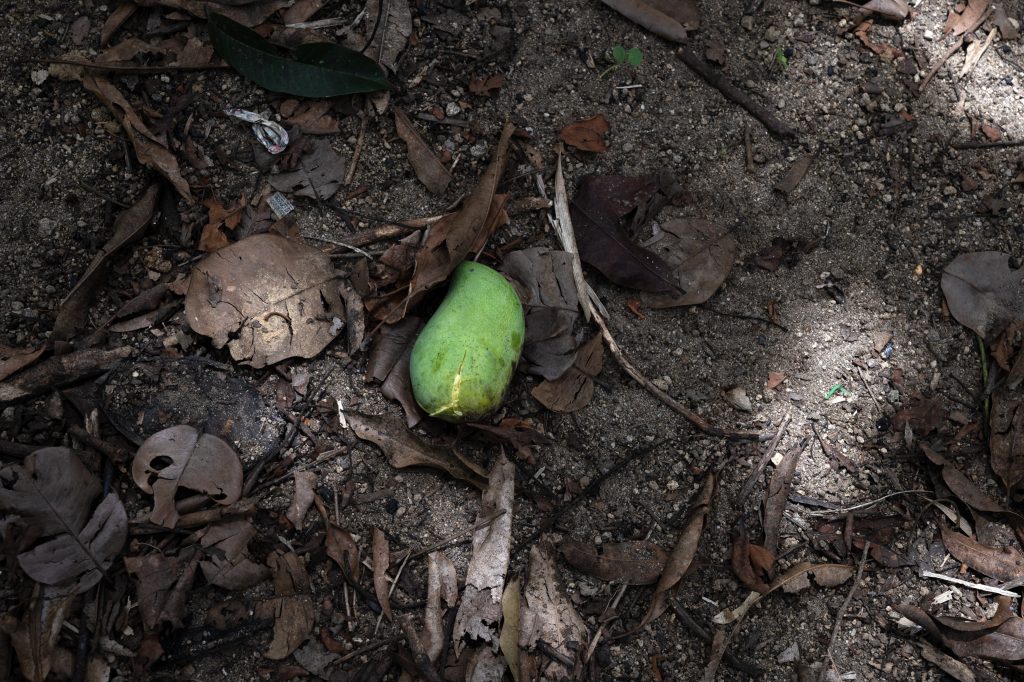
The fruit of change
Pico mangoes were once rarely harvested as the comunities earned only a few pesos per kilo.
The harvest was hardly worth the laborious tree climbing and the long transport to distant markets.
Today Preda Fair Trade in partnership with European and local companies transforms these mangoes into puree for products sold across the EU giving fair value back to the community s work.
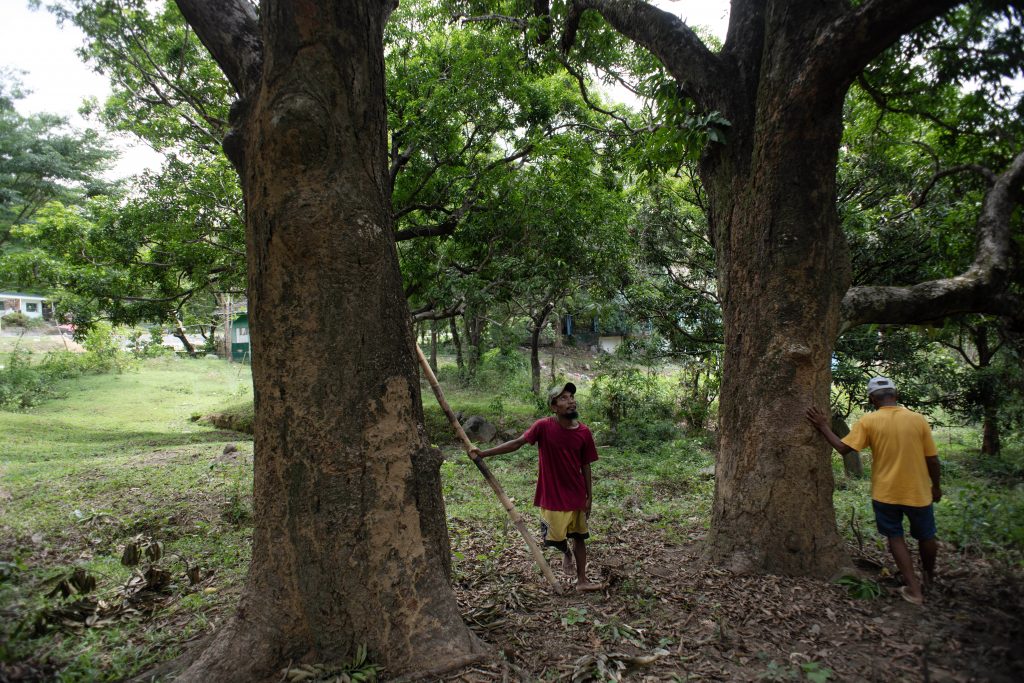
Pickers
Two mango harvesters assess the trees for the coming season — for the Aeta, mango farming is not just a livelihood but also a way to resist deforestation.
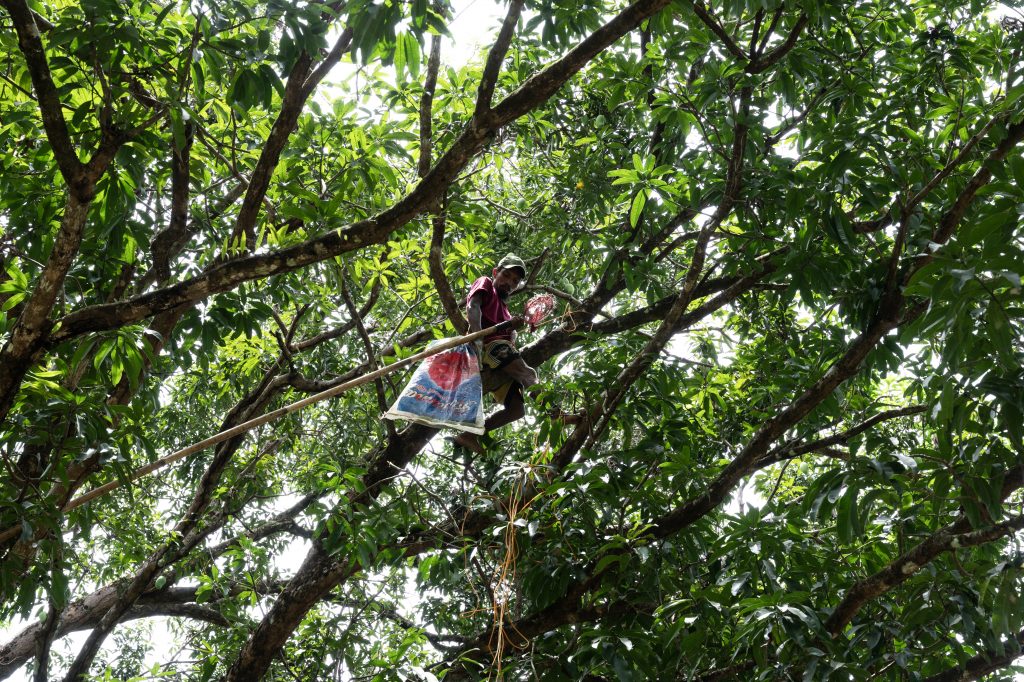
Mango by Mango
Threatened by climate change, indigenous communities endured three years without a mango harvest, as early rains washed the blossoms from the trees. In the past two years, a bumper crop finally arrived, with farmers receiving prices up to 300% higher than the local market—turning hardship into hope.
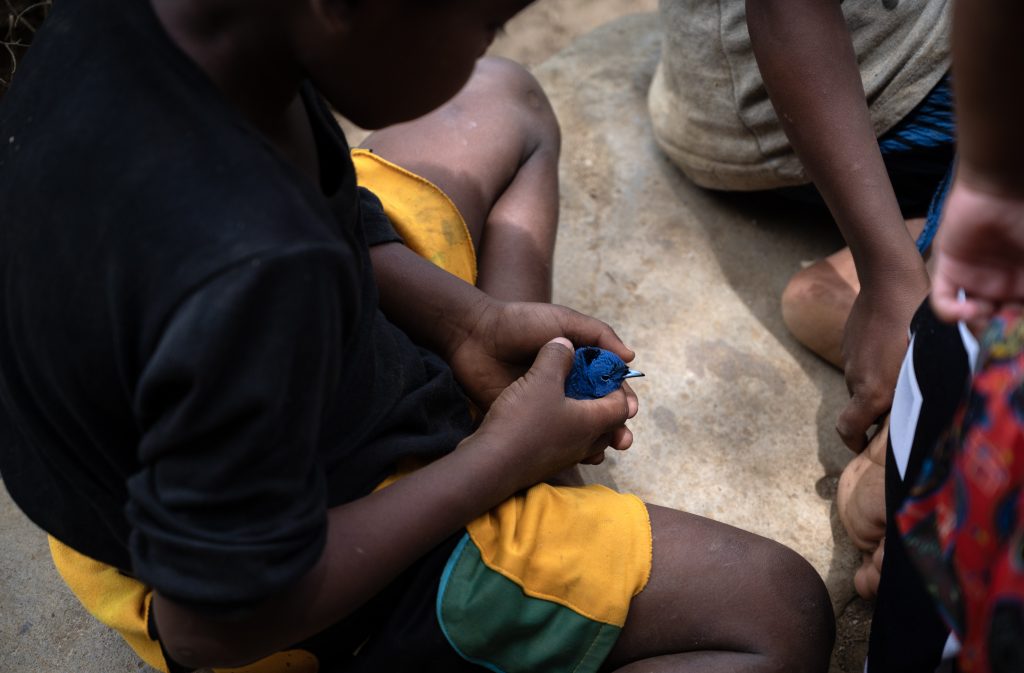
Puccipa
A child protects a bird fallen from its nest. From a young age, children develop a deep connection to nature, forming an extraordinary bond with the land. Despite access to modern alternatives, the communities still rely on the forest for medicine, food, and shelter.
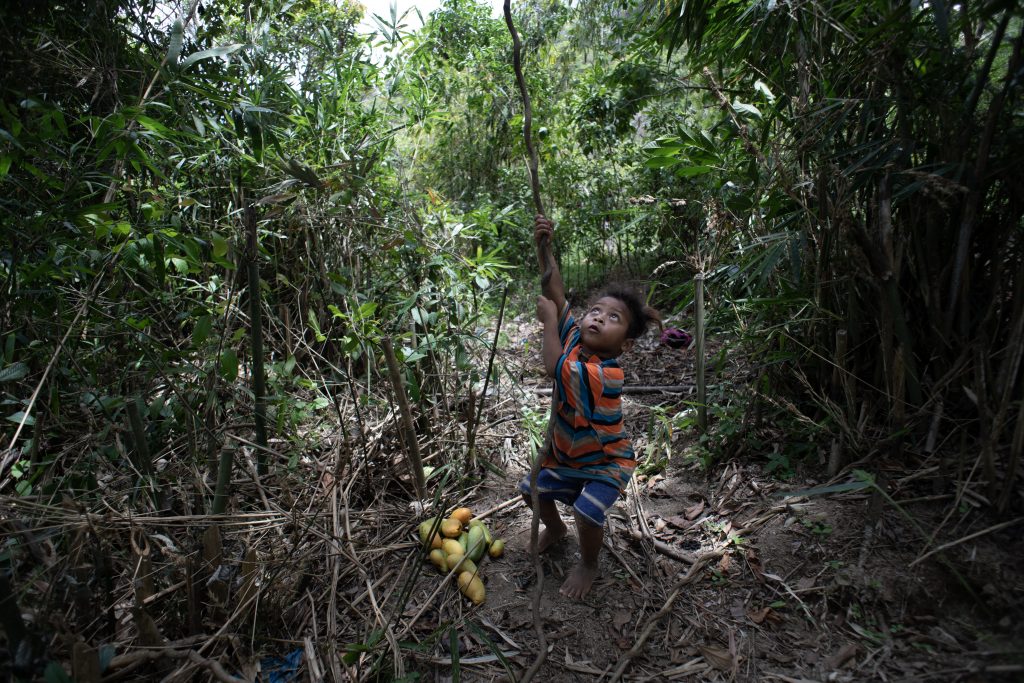
My preciuos!
A young girl shakes the branches to claim her mangoes. The harvest from a single large mango tree can cover a year of schooling for two children, and more.
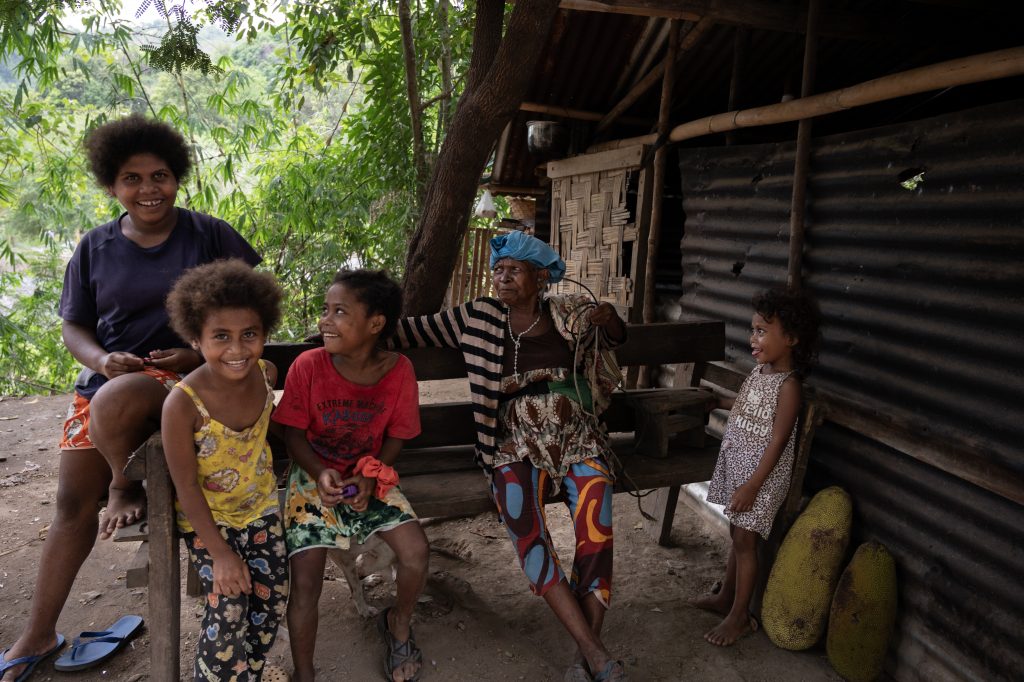
Peaceful future
A family spends a quiet afternoon. After years of marginalization, mango trade now provides a steady income and enables children to access education, crucial for improving their socio-economic situation.
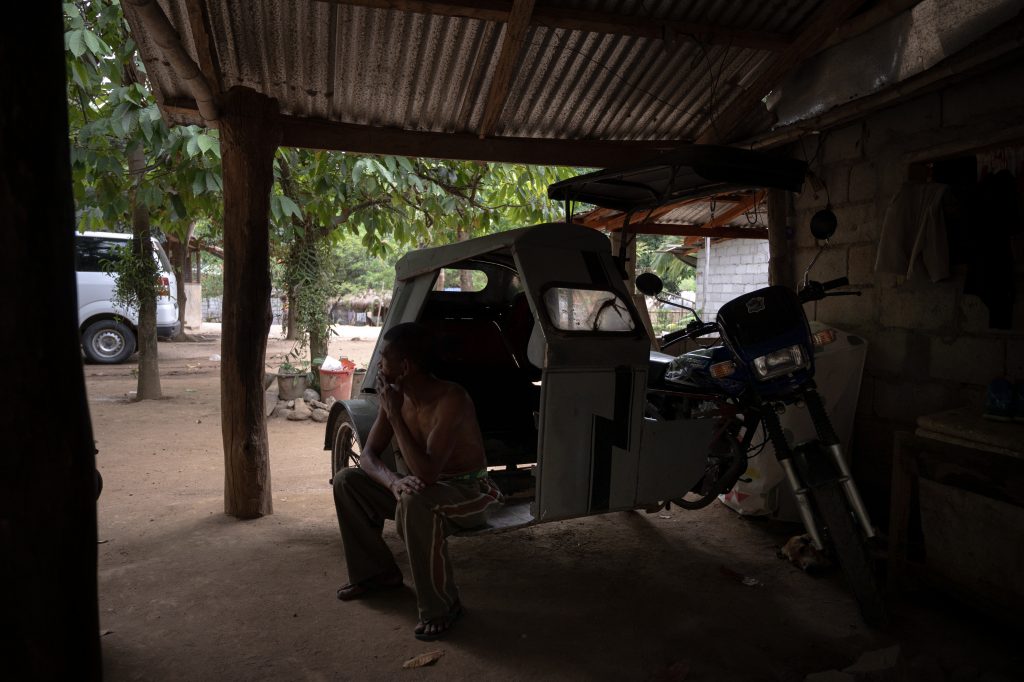
Here, now.
A tuk tuk driver. In the past, lack of opportunities forced many men to seek work in the cities, where the lure of quick money and the pressures of sexual tourism often alienated them from their cultural identity.
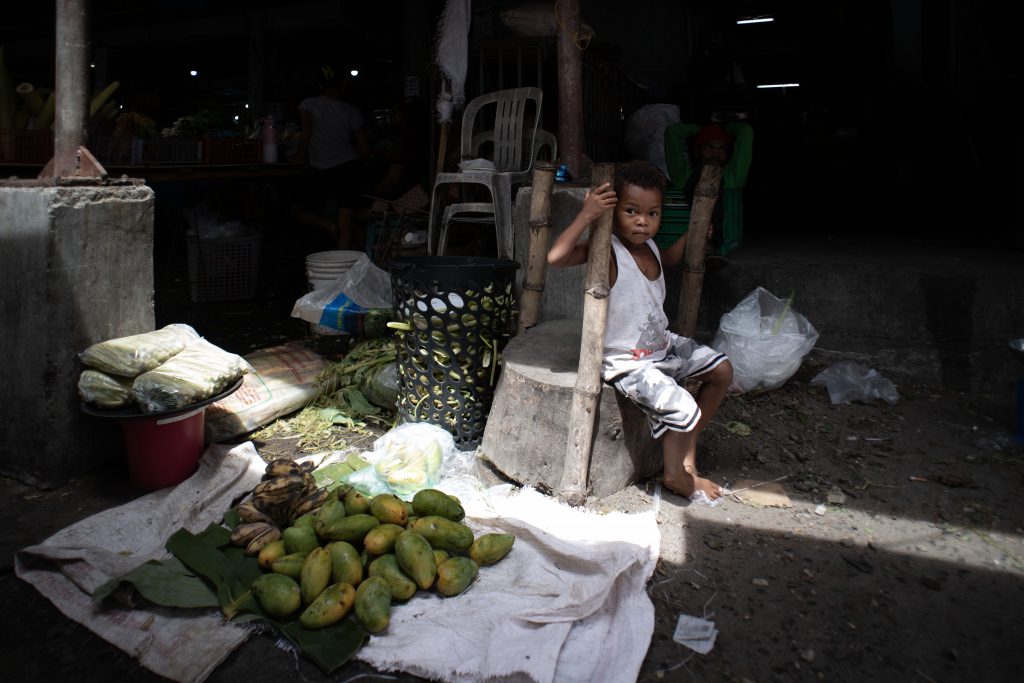
The Sweet thing
A child accompanies his father to sell mangoes at the Subic market. NGOs support the community with education and child protection programs, ensuring there is no child or forced labor.

Symbols
A McDonald’s at the former U.S. Clark Air Base stands as a clear symbol of commercial and cultural intrusion. The Clark and Subic bases seized large areas of land, forcing Aeta communities to relocate. Exposure to lifestyles far removed from their ancestral traditions often threatens their cultural identity.

